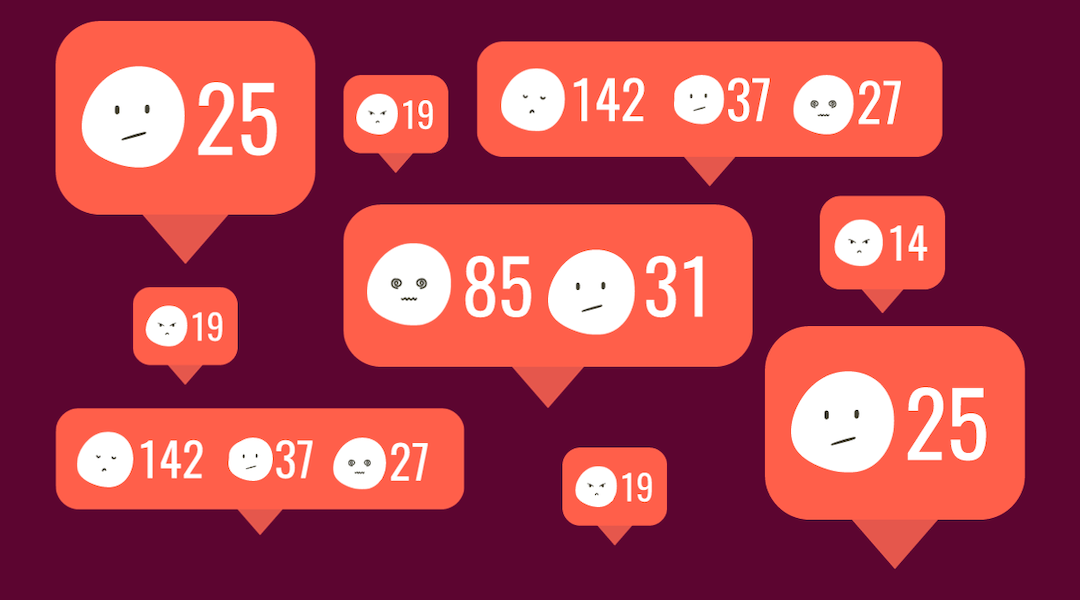This essay originally appeared in Kveller.
(JTA) — It was a slow trickle, each long press of the finger and ensuing quick tap was days and sometimes weeks apart (it’s hard to comprehend that a whole month has passed since Oct. 7), but I am here to tell you that I — a former social media manager — have removed each and every social media app from my phone.
In fact, as I was writing this very esssay, I realized I still had Threads downloaded, opened it for a minute, saw a Thread that said “Zionism is antisemitism,” and promptly deleted that, too.
I have zero desire to restore a single one of them.
What happened to me has probably happened to you, too. I saw a Tweet, a TikTok, an Instagram Story that filled me with such fury and indignation that I spent hours — sometimes days — formulating and reformulating an epic, fact-based, emotionally charged, imagined response. Imagined, of course, because I knew I’d never post it. I’ve seen so many celebrities and random acquaintances do such utterly embarrassing and harmful and reputation-destroying things in the last weeks to even dare to try.
And to be clear: I would try if I thought I could change someone’s mind and force them to see my humanity, but beyond the small, intimate, personal conversations that I can have off the apps, I feel like these enraged indignant responses only seem to silo people further.
I’ve worked in social media since 2014 — in the Jewish realm of social media, specifically. That means I’ve seen a lot of awfulness, gas chamber memes, overt antisemitism and Islamophobia. I’ve personally been told many times to go back where I came from (which, yes, is Israel, and that feels grimly funny now). Yet I’ve also believed in its power to heal, to make people feel seen, to energize activism, to educate.
I still believe that — kind of? But I’ve also never seen it this awful, this polarizing, this … honestly, unhinged. An unscientific poll of people I know seems to indicate the same thing: Social media is the worst it’s ever been, maybe because the Israel/Palestine conversation has always been so impossibly polarizing.
People are so stuck in their “side” and binary that they’re willing to share anything — without fact-checking, without making sure they’re not getting in bed with people whose worldview is dangerous, without asking themselves for a small second, wait, is this Islamophobic? Antisemitic? Completely detached from reality? Without wondering if they sound like a conspiracy theorist, or if they’re just being cruel for cruelty’s sake.
And the amount of words wasted on misinformation and meanness doesn’t even compare to the number of words some people insist on putting into other people’s mouths (or keyboards, rather) when their statement doesn’t 100% pass whatever standards they’ve arbitrarily decided it must. Beyond Israel and Palestine, we’ve been tearing ourselves apart inside our Jewish community, and that also breaks my heart.
I understand the deep grief and rage behind most posts. I’ve been enraged and grieving myself. I’ve been scared too: Of the growing antisemitism. Of the people who tell me that I and my family, because we were born in Israel, can’t be innocent civilians, that we all deserve the horrors of Oct. 7 to befall on us.
I’ve also been scared for the life of every innocent person lost and about to be lost. Around 1,200 Israelis killed, 300 kidnapped, over 10,000 Palestinian lives believed to have been taken, all unfathomable numbers. And I’ve been scared about the cycle of rage and violence and siloed indignation that removes the humanity of a whole swath of people. Because I do believe that that’s part of what got us here. And I keep seeing it evinced, over and over again, on social media.
I am — unlike many “experts” newly minted by numbers of followers or magnitude of chutzpah — not an expert of Middle Eastern politics, despite being Israeli and working in Jewish media for almost a decade. I know a lot, but I am not a politician or historian. And yet, to the extent I believe that there is a solution to the Israeli-Palestinian conflict, I believe that it has to be one that takes into account the inherent humanity of all those involved. I believe that it will be human and imperfect.
I’m awed by the people who are still managing to use social media for good right now, the little spots of light — people who parse through history and reality with wisdom and empathy, well-educated veteran observers of Israel and Palestine, academics, journalists, fierce activists, who, through immense pain, still manage to retain their humanity.
Yet for me, I’ve realized being on social media is doing more harm than good. It’s keeping me further away from solutions and useful action, and closer to rage and fear. So for now, I can’t stay there.
JTA has documented Jewish history in real-time for over a century. Keep our journalism strong by joining us in supporting independent, award-winning reporting.







